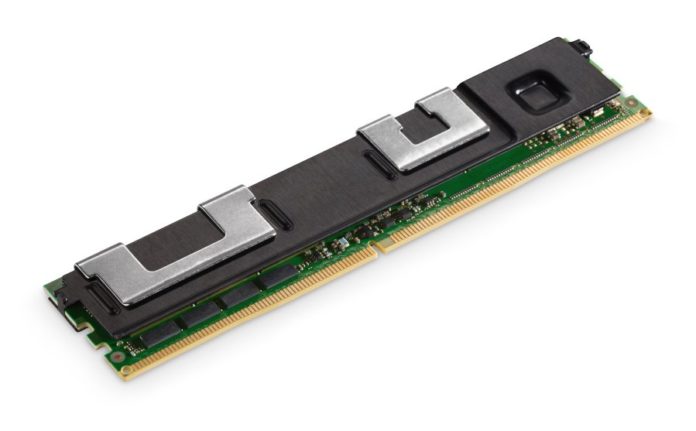Storage consultant Chris Evans responded to our Optane-making-a-loss story with a tweet thread, pointing out that, although Optane revenues are fairly low and it is losing money, “Intel is big enough to swallow the losses for many years, on the hope of much greater profitability in the future.”
He reminds us that “Optane PM (the DIMM format) requires second-gen Xeon Scalable processors (or newer), forcing a [re]platforming. So, Intel needs to see one or two server refreshes before the PM option becomes widespread. The use case for DIMMs is highly software dependent.”

Evans sees “the Optane option as expensive compared to NAND flash or even some of the ‘competitor’ products like beefed up SLC. The cost/capacity ratio just isn’t there for most use-cases.”
He reminds us that Intel has strategic concerns more important than Optane — such as whether the Nvidia-led move to offload graphics processing tasks from Intel’s x86 processors to its GPUs along with the development of SmartNIC/DPU technology will work against Intel’s x86-centric view of on-premises computing.
Dr. J. Metz, technical director for systems design at AMD and SNIA board chair, joined in the Twitter fray and sent me some words about his views on Optane.
He argues: “Data Centre storage is not simply a matter of swapping out one type [of memory] for another. Whenever I spoke to people who wanted to use Optane, they were always waiting for something else. Better BIOS, more robust drivers, tighter caching and memory allocation, not to mention DMA engines that could take advantage of the increased speed.

“And then there’s the software. The lower latency exposed hiccups in the buffering allocation that permeates every level. A few companies were able to use it efficiently, but certainly not as a general purpose capacity play. All the while, non-technical tectonic shifts were going on. Intel announced 3DXP years before its availability, stalling some of the market — including its own.
“I believe people got tired of waiting, and as new memory technologies began to emerge, the ‘dual-purpose’ capability of Optane became less and less attractive. They’d moved on to other solutions for what they needed.
“I still like Optane a lot. PM (Persistent Memory) is going to play a huge role in both CS and SmartNICs. Advances in NVMe and SNIA are relying on that class of storage to not just exist, but play a central role. It’s just a shame that it hasn’t created the paradigm shift that was anticipated.”
Evans concludes: “I think Intel just needs to play the long game. SmartNICs/DPUs etc. are going to be a game changer.”








